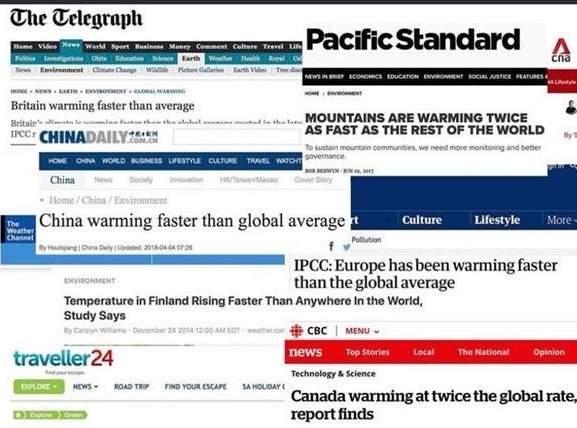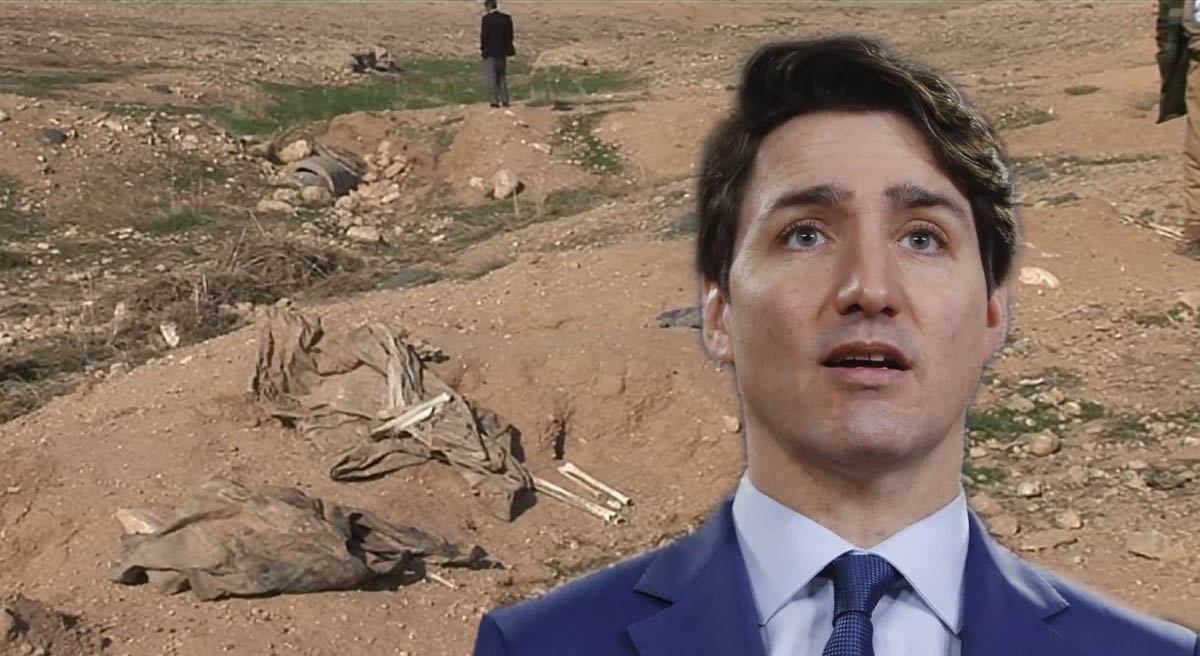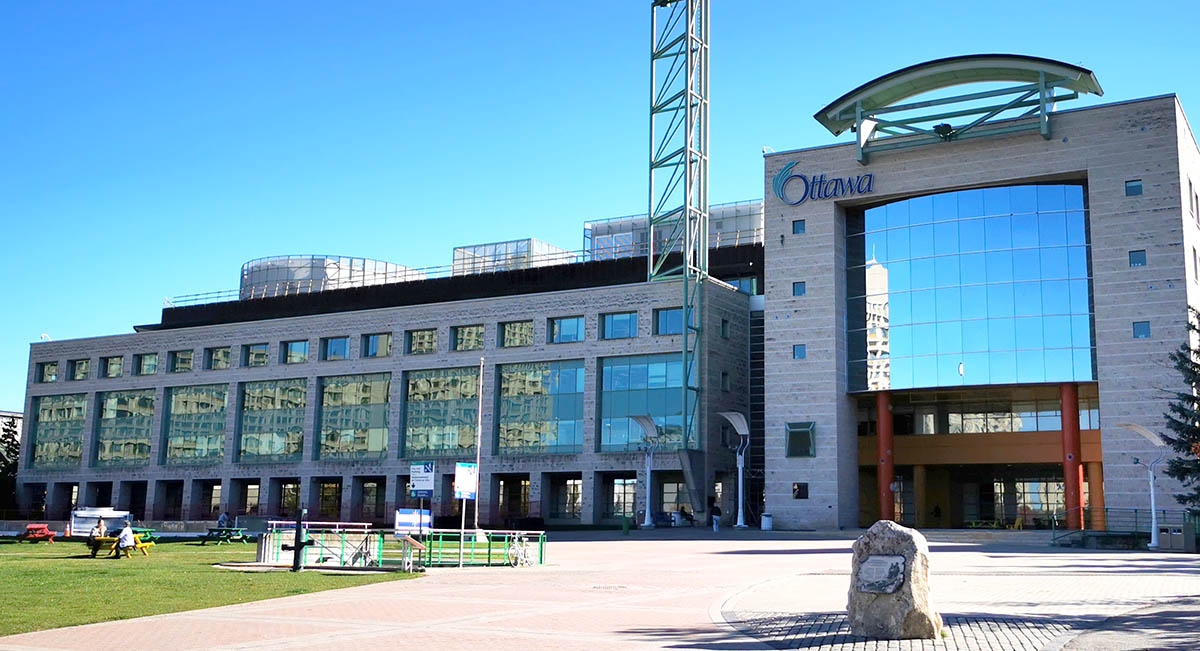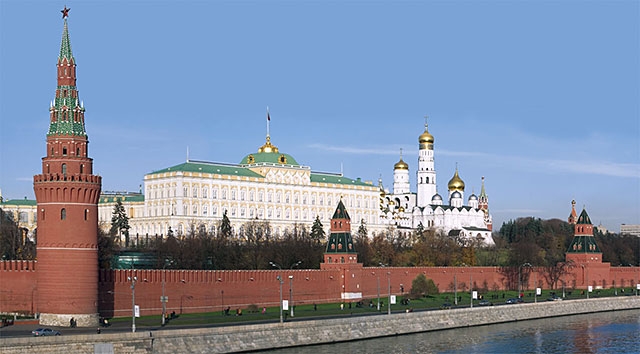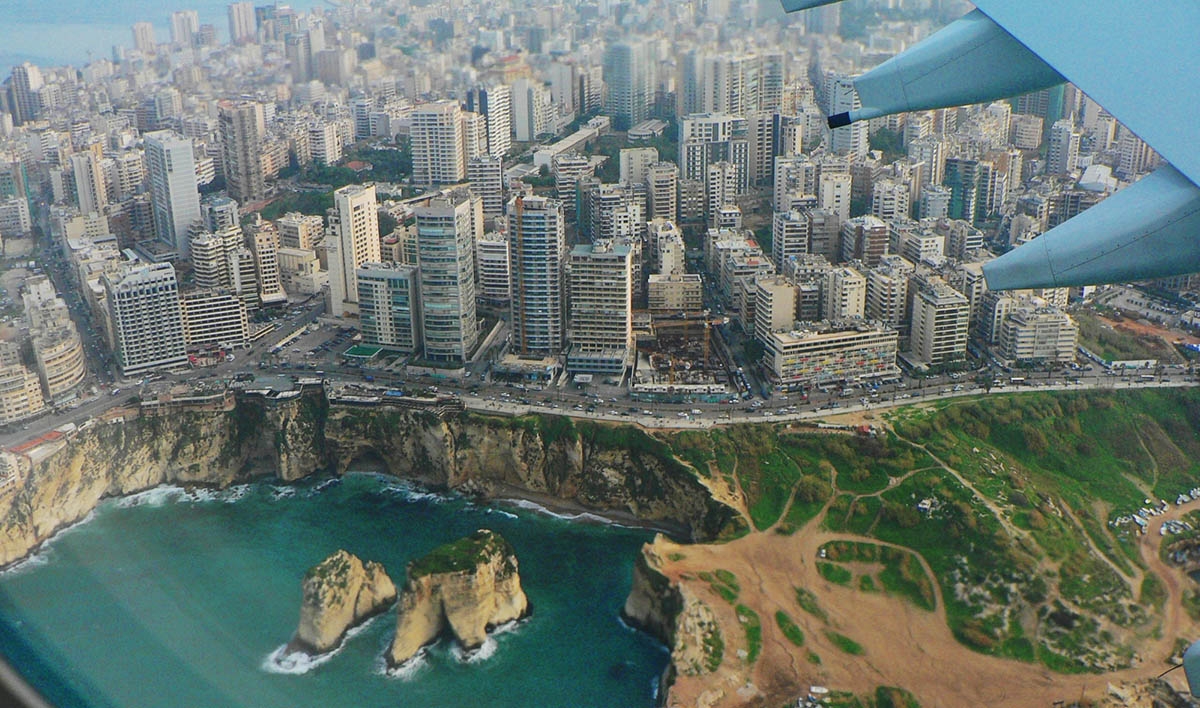
Why the Paris of the Arab world is a destroyed and hungry city
ABOVE: Ariel view of Beirut, Lebanon.
By Elie Mikhael Nasrallah
Beirut, Lebanon’s capital, was once the Paris of the Arab world, now a destroyed city, a hungry cosmopolitan, and an invisible shadow of its previous self. A tragedy of historic proportions amidst a pandemic that knows no mercy or memory. In short, Lebanon is dying. Has anybody noticed how Lebanon is fast fading away in real-time and from people’s imagination? Would the international state structure, or the United Nations, miss Lebanon as it slides to oblivion?
I was born in Lebanon and fled the “civil war”–1975-1990 – to Canada, two countries that share a place on this Earth, but nothing else in common.
What finally killed Lebanon, what was the straw that broke the camel’s back once and for all?
In one word: Religion. How and why, let us count the ways:
In 1865, or about that time, William McClure Thomson, a Protestant missionary from America, went to Ottoman Syria, which then included Lebanon, and after spending 25 years in the region, he wrote a book titled “The Land and the Book.” His insights into the Lebanese political, social and religious culture were similar in their depth to that of Alex de Tocqueville’s study of the United States in his classic book “Democracy in America.”
One striking quote tells us all we need to know about Lebanon in the 1800s and in the modern era: “The various religions and sects live together and practice their conflicting superstitions in close proximity, but the people do not coalesce into one homogeneous community, nor do they regard each other with fraternal feelings. The Sunnites excommunicate the Shiites – both hate the Druze. The Maronites have no particular love for anybody and in turn, are disliked by all. The Greek Orthodox cannot endure the Greek Catholics; all despise the Jews.”
Fast forward to 2022, and the story is still the same, even worse!
Lebanon has always been a project in progress. Divided it started, divided it remains. The Muslim population looked to the wider Arab/Muslim world to define its identity and belonging. The Christians looked to France and the West to find identity and solace. (A perfect and vivid clash of cultures.)
Since its independence in 1943, Lebanon established a “National Pact” and power-sharing constitutional arrangements based on sectarian divisions and allocation of political, social, and state resources. (The Lebanese state recognizes 18 religious sects.) The core idea was to make every sect comfortable within the power-sharing arrangements between the Maronites, Sunnis, and Shia. It was an unwritten pact based on convention and national understanding of the special place of religious groups within the Lebanese mosaic. (The Maronites represent the majority of Lebanon’s Christians.)
The Maronites controlled till 1975 major positions of power in the state and the Muslims were okay with it till demographic changes were too prominent to hide or remain silent. They started demanding changes to the national pact and the 1975-1990 civil war was, in fact, a war to change the system by force with the help of the Palestinian refugees who were mostly Sunni. The Shia at that time were weak.
The war ended with the Taif Agreement reached in Saudi Arabia in 1998 which reduced the powers of the Christian community and granted the Muslims more say and allocation of cabinet powers. The Shia were started to mobilize in the South against Israel with the support of Iran to have a foothold in the Middle East along with its presence in Syria and Iraq. (Syrian troops controlled Lebanon from 1976-2005.)
The Muslims now constitute about 70 per cent of Lebanon’s population and the Christians 30 per cent. (No national census was officially conducted since 1943 for political reasons. Even history textbooks are a battleground for religious and political reasons. Thus, the students are mostly in the dark about Lebanon’s recent history.) Yet, the old sectarian accord of 1943 still stipulates that the president of the republic shall be a Maronite, the prime minister a Sunni, and the speaker of the parliament a Shia.
Often Saudi Arabia or Russia is described as a gas station pretending to be a nation. Lebanon is a church/mosque pretending to be a country.
Lebanon is essentially a theocracy. In such a state, private and public matters are viewed from the prism of one’s own religious affiliation or sectarian background. Nothing escapes the pull of religious thoughts politically, socially, or morally. Like gravity, religion is everywhere. It dictates the structure of the state, the allocation of electoral power, the division of resources, the social milieu, and all matters of appointments to the public sector. No separation of state and religion; no possible social contract; thus, no hope for a modern state even if the youth are educated and using technological tools. Society pulls them in different directions, often compels them to migrate to the West or to find work in UAE or other rich places.
The massive and historical corruption, poor governance, rampant tribalism, legendary incompetence of its elites, and disloyalty of its rulers and their respective popular bases, are all well-known and documented. Yet behind them all, lurks the cancer of sectarianism that impedes reform, change, modernity, and yes, a decent chance of survival.
The 2,750 tons of ammonium nitrate that exploded in the summer of 2020 at the Beirut port which has been stored there since 2014, was the epitome of a failed theocratic state, full of corrupt elites supported since 1943 by its sectarian base, and a tiny state that is the playground for regional powers, supported again by domestic religious sects based on religious affiliation. (Even the judicial system investigating this crime went nowhere, and judges were removed or threatened. No accountability, no justice in a country where the rule of the jungle is paramount.)
There is no loyalty to Lebanon; there are no genuine citizens of Lebanon but guests in a wider hotel called the Republic of Lebanon. A Lebanese historian once wrote that Lebanon is a house with many mansions. These mansions are based on sectarianism and tribalism.
No matter how you slice it, Plato said it perfectly more than 2200 years ago: “This city is what it is because our citizens are what they are.”
Elie Mikhael Nasrallah, born in Lebanon, graduated from Carleton University in Ottawa, with an honours degree in political science. He also obtained a post-graduate certificate in Regulatory Law Administration from Algonquin College. He has been practicing since 1998 as a certified and authorized immigration consultant in North America and globally. He has written three books: "My Arab Spring, My Canada," co-author in 2012, and "None of the Above," in 2014, and "Hostage to History," in 2016. Currently, he is working on his new book "Gates and Walls." He is also a writer and commentator for major newspapers in North America and the Middle East. He has published in the Globe and Mail, The Montreal Gazette, The Toronto Star, The Ottawa Citizen, Huffington Post, The Daily Star in Beirut, Al-Ahram in Egypt, Annahar of Lebanon. He is a public speaker and a media personality in Canada and the Middle East, appearing frequently on major media outlets.
PHOTO: iStock

